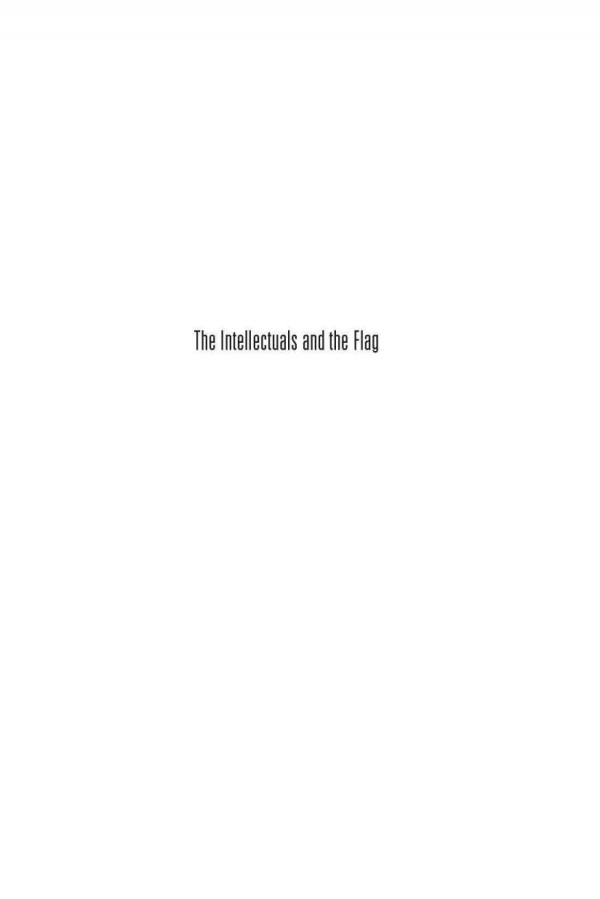

Most ebook files are in PDF format, so you can easily read them using various software such as Foxit Reader or directly on the Google Chrome browser.
Some ebook files are released by publishers in other formats such as .awz, .mobi, .epub, .fb2, etc. You may need to install specific software to read these formats on mobile/PC, such as Calibre.
Please read the tutorial at this link: https://ebookbell.com/faq
We offer FREE conversion to the popular formats you request; however, this may take some time. Therefore, right after payment, please email us, and we will try to provide the service as quickly as possible.
For some exceptional file formats or broken links (if any), please refrain from opening any disputes. Instead, email us first, and we will try to assist within a maximum of 6 hours.
EbookBell Team

0.0
0 reviewsIn these wide-ranging essays, Todd Gitlin calls upon intellectuals on the left to once again engage American public life and resist the trappings of knee-jerk negativism, intellectual fads, and political orthodoxy. He argues for a renewed sense of patriotism based on the ideals of shared sacrifice, tough-minded criticism, and a willingness to look anew at the global role of the United States after 9/11. Gitlin's blunt, frank analysis of the current state of the left and his willingness to challenge orthodoxies pave the way for a revival in leftist thought and a new liberal patriotism.
"The tragedy of the left is that, having achieved an unprecedented victory in helping stop an appalling war, it then proceeded to commit suicide." So writes Todd Gitlin about the aftermath of the Vietnam War in this collection of writings that calls upon intellectuals on the left to once again engage American public life and resist the trappings of knee-jerk negativism, intellectual fads, and political orthodoxy. Gitlin argues for a renewed sense of patriotism based on the ideals of sacrifice, tough-minded criticism, and a willingness to look anew at the global role of the United States in the aftermath of 9/11. Merely criticizing and resisting the Bush administration will not do—the left must also imagine and propose an America reformed.
Where then can the left turn? Gitlin celebrates the work of three prominent postwar intellectuals: David Riesman, C. Wright Mills, and Irving Howe. Their ambitious, assertive, and clearly written works serve as models for an intellectual engagement that forcefully addresses social issues and remains affirmative and comprehensive. Sharing many of the qualities of these thinkers' works, Todd Gitlin's blunt, frank analysis of the current state of the left and his willingness to challenge orthodoxies pave the way for a revival in leftist thought and a new liberal patriotism.